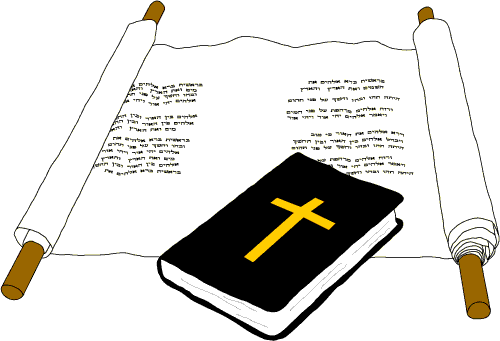
The disciples are afraid: they know they are few and weak in the face of a hostile world. Luke is addressing the concerns of his community. They get scared because evil triumphs everywhere; it seems overwhelming, and the faithful community feels fragile and unable to resist. Luke brings the message of consolation, hope, and courage to this distressed group of disciples. Therefore, today’s passage begins with the exhortation: “Do not be afraid, little flock…”
From last Sunday’s Gospel, we saw the foolish farmer had committed two mistakes: he failed to enrich himself before God and was not prepared to face death. Plagued by the concerns of this world—the fields, the crops, the storage—he did not have time to listen to God or the cries of people around him. The mistake of the rich fool was that he was caught off-guard, totally unprepared for death. Jesus responds with three parables.
The parable of the Master who entrusted his house to his servants and went to a wedding party represents Jesus. Having fulfilled his mission, Jesus entrusted his disciples the task of giving continuity to his work and left this world.
The disciples know that their Master will return but do not know the time and must be ready to welcome him. Vigilance is equivalent to one’s constant availability for service. In the Christian community, there are no masters or reverends but only servants. Service is what characterizes the life of this house.
When the Master returns, he knocks at the door, as though asking permission to come in. The Lord comes many times to knock at our door because we must freely open and respond to his need.
Jesus is the poor brother who comes to ask us for help. God has already put these treasures in our hands precisely because we must give them to our needy brother. When a needy person knocks at our door, it is the time to invest our treasures in love and give them in alms.
Jesus proclaims another beatitude here. This beautiful beatitude is seldom mentioned: “Blessed are the servants whom, when the master comes, finds awake.” The disciples must remain awake and ready to serve. However, when the Master returns, it will be he who girds his clothes, makes his servants sit at the table and serve them! The God of Jesus of Nazareth is the servant of people. “He will be the God-with-them. He will wipe away every tear from their eyes” (Rev 21:3-4). In our Eucharist, we are the guests at the table and the Lord gives himself to us as food and drink!
In the second parable, the Lord is compared to a thief who breaks in suddenly. Paul writes to the Thessalonians: “You know that the Day of the Lord will come like a thief in the night” (1 Thes 5:2). The parable’s meaning is to warn of the danger of losing the opportunity for salvation that never arises again. The third parable responds to Peter’s query as to who are those who need to stay vigilant.
For your reflection:
The community leaders, entrusted with the privileged position of knowing the will of the Lord better than others, have a greater responsibility to be vigilant and serve the community.

Father Fernando
Armellini SCJ










